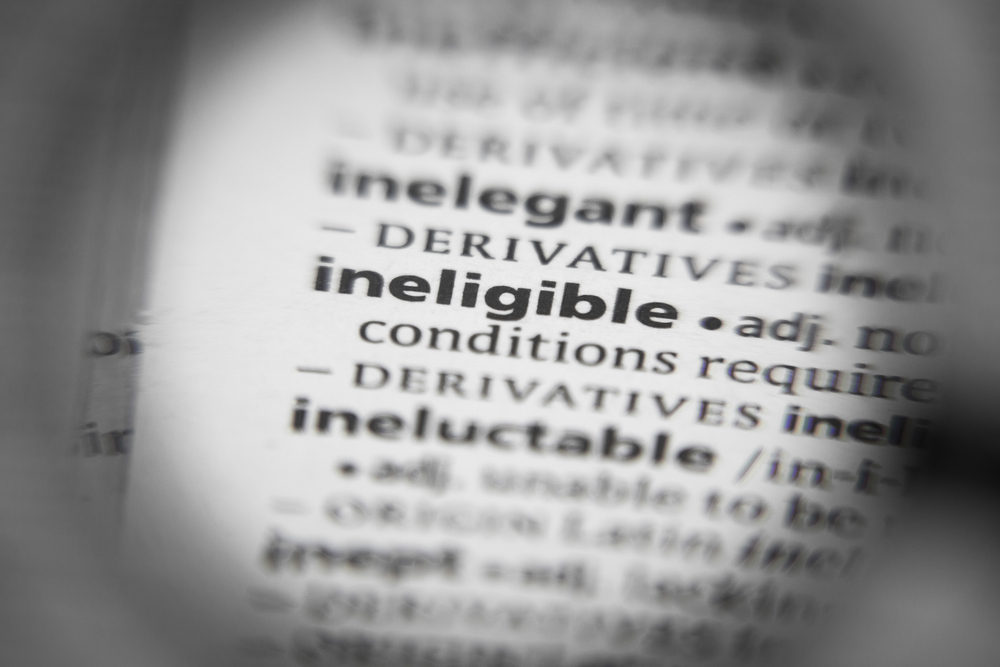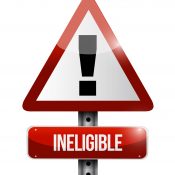“Where circumstances change in a way that would create extreme or unreasonable difficulty, expense, injury or loss to a party if it were held to its contractual commitments, a court might excuse nonperformance on the grounds of ‘impossibility’ or ‘impracticability’ if the change in circumstances was unforeseeable, and COVID-19 may meet that standard.”
 The global coronavirus (COVID-19) pandemic is disrupting industry on an enormous scale, and its effects are likely to be significant and long-lasting. In response to shelter-in-place orders around the country, businesses are closing, sales of “non-essential” goods and services are declining, and many parties find themselves unable to meet their contractual obligations to business partners or incapable of receiving the benefit of contracted-for goods or services. Such businesses are turning to their contracts in search of provisions that might excuse breaches of contract under these circumstances.
The global coronavirus (COVID-19) pandemic is disrupting industry on an enormous scale, and its effects are likely to be significant and long-lasting. In response to shelter-in-place orders around the country, businesses are closing, sales of “non-essential” goods and services are declining, and many parties find themselves unable to meet their contractual obligations to business partners or incapable of receiving the benefit of contracted-for goods or services. Such businesses are turning to their contracts in search of provisions that might excuse breaches of contract under these circumstances.
These contracts can include IP licenses. These licenses often contain agreements with sales minimums or royalty agreements that may be difficult, if not impossible, to meet during this time of interrupted business and sales. Licensees and licensors both have options under common licenses to either enforce, or excuse, provisions due to COVID-19.
Many licenses contain force majeure clauses that expressly excuse nonperformance in the event of an “act of God” or other extreme, unforeseeable occurrence outside either party’s control that thwarts contractual performance. At first blush, force majeure clauses seem perfectly suited to the extreme, unpredictable conditions created by the COVID-19 outbreak. However, whether such a clause excuses a given type of nonperformance depends greatly on the contract and the circumstances. Where a force majeure clause does not apply, parties may instead rely on extracontractual doctrines such as frustration of purpose or commercial impracticability.
Whether a party wants to be excused from its obligations under a contract or wants to enforce those obligations even in light of changed circumstances caused by the COVID-19 outbreak, the first place to look is at the contract. Specifically, search for any provisions relating to performance obligations (such as minimum sales, production, or royalty requirements, or timing requirements for things like royalty payments), cancellation or termination provisions, and force majeure.
If the contract imposes performance obligations, does it specify a remedy for failure to perform? If so, the contractual remedy likely applies, even in the case of an occurrence like COVID-19. This is because courts are inclined to defer to remedies that parties negotiate for themselves regarding resolution of anticipated performance problems.
If the contract includes a cancellation or termination provision, what rights and obligations do those provisions place on the parties? Some contracts allow parties to escape their contractual obligations by providing notice in a prescribed form. Some contracts include a liquidated damages provision that specifies the exact amount owed by the breaching party to the nonbreaching party. Some contracts may allow temporary suspension of contractual obligations, under certain conditions, in lieu of termination.
If the contract includes a force majeure provision, consider three key questions.
First, how does the contract define force majeure? Look for a correlation between the types of force majeure events described in the contract and the reason a party cannot perform. Some force majeure clauses expressly include epidemics or pandemics; others don’t mention pandemics but do include other relevant occurrences occasioned by COVID-19, such as embargoes, quarantines or travel restrictions. In most cases, even if a force majeure clause does not include a COVID-19 related event, the clause could still apply because it include a catch-all provision defining force majeure broadly (e.g., as an unforeseeable event beyond the parties’ reasonable control, or by stating that force majeure events “include but are not limited to” the events enumerated). However, businesses should be aware that some force majeure provisions are limited to the events specified in the clause.
Second, what performance does the force majeure clause apply to? Evaluate whether the force majeure clause applies to the type of breach being contemplated. Some provisions allow a party to terminate the contract altogether, while others simply suspend performance during the force majeure event. Some provisions apply to all contract obligations; others apply only to certain aspects of performance.
Third, what is required for a party to invoke force majeure? Some clauses require parties to take certain steps before invoking force majeure as an excuse for nonperformance. Commonly, contracts require notice, sometimes in prescribed forms or within specified timeframes. Some contracts also require that parties explore measures to remove or mitigate the effects of force majeure, such as by taking “reasonable” or “best” efforts to secure performance.
If a contract fails to supply guidance on how to respond to a breach of performance occasioned by an extreme, unforeseeable event like the COVID-19 outbreak, businesses may be able to rely on the equitable doctrines of impossibility or frustration of purpose. For instance, where circumstances change in a way that would create extreme or unreasonable difficulty, expense, injury or loss to a party if it were held to its contractual commitments, a court might excuse nonperformance on the grounds of “impossibility” or “impracticability” if the change in circumstances was unforeseeable, and COVID-19 may meet that standard. Similarly, if a party can show that its principal purpose in entering into a contract has been frustrated by an unforeseeable event outside its control, its duties to perform might be discharged. In both cases, the event must be unforeseeable such that the parties couldn’t have directly guarded against it in the contract.
Beyond these contractual issues, COVID-19 poses other issues for IP licenses, particularly potential bankruptcy and pledges of non-enforcement of IP rights. It is forecasted that the economic complications related to COVID-19 may cause many bankruptcies in the U.S. These bankruptcies could be licensees or licensors of IP rights. In the event of bankruptcy of a licensor, the IP license might be rejected by the licensor, leading the licensee to either force compliance or pursue a breach. Conversely, if a licensee declares bankruptcy, some IP licenses contain clauses that attempt automatic reversion or termination of IP rights. Whether these clauses are effective may vary by circuit and how the clauses are written (for instance whether the triggering event is a bankruptcy filing or failure to perform some other clause), so careful consideration of these rights is warranted before proceeding.
Another consideration for IP licenses, is whether any company chooses to enforce IP rights during the pandemic, to the extent they are related to needed products to treat the COVID-19 pandemic. Multiple countries, the US included have the abilities to forcibly licensee IP needed to treat crises, such as a pandemic. If any company refuses to license, or uses IP rights to interfere with treatment options, they may find themselves forced to license. Additionally, public pressure may accomplish the same result: multiple companies are pledging not to enforce their IP rights to allow easier treatment or manufacture/sale of supplies for the pandemic. If you or your company owns IP that could be implicated, this is yet another consideration to weigh during this time.
Image Source: Deposit Photos
Copyright: pressmaster
Image ID: 17138327

![[IPWatchdog Logo]](https://ipwatchdog.com/wp-content/themes/IPWatchdog%20-%202023/assets/images/temp/logo-small@2x.png)


![[Advertisement]](https://ipwatchdog.com/wp-content/uploads/2026/02/Junior-AI-Feb-10-2026-sidebar-CLE-700x500-1.jpg)
![[Advertisement]](https://ipwatchdog.com/wp-content/uploads/2026/02/Anaqua-Feb-12-2026-sidebar-700x500-1.jpg)
![[Advertisement]](https://ipwatchdog.com/wp-content/uploads/2025/12/LIVE-2026-sidebar-regular-price-700x500-1.jpg)







![[Advertisement]](https://ipwatchdog.com/wp-content/uploads/2021/12/WEBINAR-336-x-280-px.png)
![[Advertisement]](https://ipwatchdog.com/wp-content/uploads/2021/12/Ad-4-The-Invent-Patent-System™.png)







Join the Discussion
2 comments so far.
Anon
April 13, 2020 03:01 pmNow article — thank you for sharing.
SC
April 13, 2020 02:55 pmDear all,
Will any of the pending patent bills in Congress help inventors? Is there a website comparing the different bills?